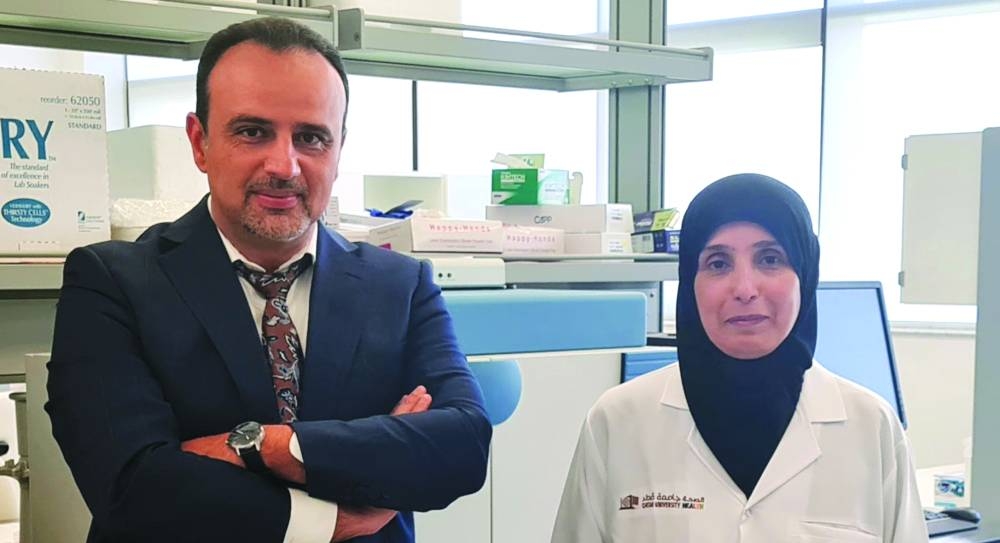A recent groundbreaking study has revealed exciting new insights into the health benefits of combining fasting with regular exercise, particularly during Ramadan. The study led by Shamma al-Muraikhy, a Qatari PhD student at the University of Groningen and a Senior Research Assistant at the Biomedical Research Centre at Qatar University (QU), shows that exercising while fasting may help slow down ageing at the cellular level. For those who observe fasting during Ramadan, this study offers promising news—combining it with exercise can bring about powerful health benefits that go beyond just physical fitness.
The study, according to a statement from QU, focused on the length of telomeres—protective caps located at the ends of chromosomes—, which can be affected by several lifestyle factors, including diet and exercise. Research shows that shorter telomeres are associated with ageing and various diseases. Therefore, discovering methods to preserve or even extend telomere length may offer significant health benefits. The study found that young, healthy women who exercised while fasting experienced a notable increase in their telomere length, a key indicator (marker) of biological ageing compared to women who exercised without fasting. These exciting findings suggest a new, natural way to maintain youthfulness and overall health, with implications for enhancing longevity and preventing age-related diseases.
Dr Mohamed Elrayes, the senior investigator and Director of Basic Research in the Health Sector at QU, said the findings offer valuable insight into how lifestyle choices, such as combining exercise with fasting, can impact cellular ageing. “This research not only deepens our understanding of healthy ageing but also opens new avenues for simple, accessible interventions that can enhance longevity and well-being,” he said.
Al- Muraikhy, emphasised the potential of this approach. “Combining physical activity with fasting could be a powerful strategy for enhancing cellular health and longevity. Our study suggests fasting during Ramadan, when paired with exercise, can significantly improve health and vitality.”
This study, conducted with 29 non-obese, healthy women, aged 20–30, explored the effects of a 4-week exercise program during Ramadan fasting. Participants were randomised into two groups. One group underwent a 4-week exercise training program (control), while the other group combined the exercise program with Ramadan fasting (14 hours daily). Fitness tests, including a 6-minute walk test, were conducted before and after the intervention, alongside blood samples and cardiovascular measurements to assess the impact on telomere length and overall health.
The results were impressive. The combination of fasting and exercise increased telomere length and improved important health markers such as reduced inflammation and higher levels of good cholesterol (HDL). The implications for public health are immense, as the findings of this study could lead to new strategies for disease prevention and overall wellness.
Building on these promising results, the research team plans to conduct a larger study with a more diverse group of participants. This will help confirm the findings and explore how different types of exercise and fasting regimens affect telomere length and ageing. The team also intends to explore the underlying biological mechanisms behind these effects and determine whether the benefits extend to diverse age groups and people with different health conditions.
The research was conducted in collaboration with Dr Maha Sellami at the Physical Education department at the College of Education at QU and the Groningen Research Institute of Pharmacy, Drug Design, Groningen University, The Netherlands, and was supported by QU’s International Research Collaboration Co-Fund (IRCC).

